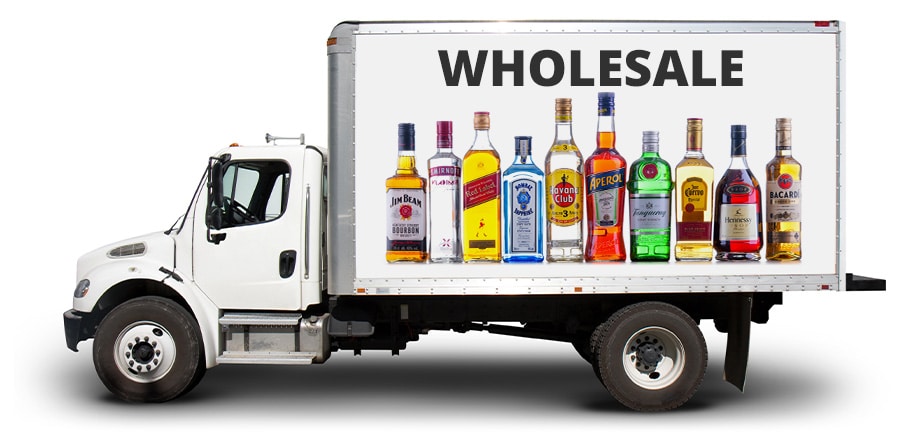The Ultimate Guide to Combining a Distillery License with a Wholesaler License
The Alchemy of Licenses: A Fusion of Opportunities
In the world of distilled spirits, a distillery license is your golden ticket to crafting liquid gold. But what if you could amplify this golden opportunity? Enter the wholesaler license—a key that unlocks a treasure trove of distribution channels, allowing you to take your crafted spirits from the distillery floor to the shelves of retailers. In this comprehensive guide, we’ll explore the benefits and procedures of combining a distillery license with a wholesaler license, turning you into a one-stop-shop for spirits.
The Synergy of Dual Licensing
At first glance, a distillery license and a wholesaler license may seem like two separate entities, each governing a specific aspect of the alcohol industry. However, when combined, these licenses create a synergistic effect that can propel your distillery business to new heights.
The Federal Perspective: Streamlining Paperwork
According to the Alcohol and Tobacco Tax and Trade Bureau (TTB), businesses that require both importing and wholesaling permits can streamline their paperwork by combining the applications. This not only simplifies the administrative process but also expedites your entry into the market.
The State-Specific Angle: Maximizing Activities
In some states, like New York, a Class D distiller’s license, also known as a farm distillery license, comes with its own set of benefits. However, it restricts you to one activity, be it distilling, rectifying, or operating a fruit brandy distillery. Adding a wholesaler license can broaden your scope, allowing you to engage in multiple activities under one umbrella.
The Texas Model: From Distillation to Distribution
In Texas, a distiller’s permit allows you to further distill or rectify purchased spirits. Once you’ve finished the liquor, you can bottle, label, package, and then sell it to an in-state or out-of-state wholesaler. But if you hold both licenses, you become the wholesaler, cutting out the middleman and increasing your profit margins.
Need Help With Alcohol Licensing?
CONTACT US
The Application Process: A Step-by-Step Guide
- Federal Application: Start by applying for a Federal Distilled Spirits Permit through the TTB’s “Permits Online” portal. Simultaneously, you can apply for a Basic Permit for Wholesaling.
- State Application: Depending on your state, you may need to apply for a separate wholesaler license. Some states offer online portals to streamline the process.
- Local Zoning and Regulations: Ensure you comply with local zoning laws and regulations, as these can affect both distilling and wholesaling activities.
- Fees: While federal applications are generally free, state and local fees can vary. Budget accordingly.
The Financial Upside: A Case for Profitability
Combining a distillery license with a wholesaler license can significantly boost your revenue streams. As a distiller, you make money by selling your spirits to wholesalers. As a wholesaler, you make money by selling to retailers. By holding both licenses, you essentially become your own supplier and customer, maximizing profits at each stage of the supply chain.

The Caveats: What to Watch Out For
While the benefits are plentiful, there are some caveats to consider:
- Regulatory Compliance: Holding two licenses means complying with two sets of regulations. Ensure you’re up to date on both.
- Operational Complexity: Managing both distilling and wholesaling activities can be operationally challenging. Consider hiring experts in each field.
- Volume Restrictions: Some states impose manufacturing limits on distilleries. Be aware of these when planning your wholesaling strategy.
